After victory, the rout: Keir Starmer aims to destroy Tories for good
Labour saw its 1997 landslide as a ceiling, but now ministers are being told that as long as they deliver change, there should be no limit to their ambition.

At political cabinet on Monday Morgan McSweeney, the man charged with securing election victory for Labour in 2029, could not resist a joke at the expense of the Tories.
The Conservatives, he said, had been consigned to their worst defeat in their 190-year history. “They have been reduced to a number so small that they could hold their annual conference around this table,” he said. “Less One Nation, more one room.”
Labour may have comprehensively defeated the Tories, but the party is still on a permanent war footing. Sir Keir Starmer regards his landslide victory as just the start and has set his sights firmly on destroying the Conservatives.

Cabinet ministers were told that many of those who voted for the Liberal Democrats and the Greens did so for tactical reasons and might vote Labour in future. One senior Starmer aide said a quarter of those who backed the Tories could yet vote for Labour too.
The tacit argument was clear. Labour viewed its 1997 landslide as a ceiling. Now, ministers are being told that if they succeed in delivering there should be no limit to their ambitions.
Labour is pursuing a two-fold strategy.
First, to damn the Tories and their “dire” inheritance at every opportunity. Second, to present solutions, to show that Labour can build a better future.
On Monday, Rachel Reeves, the chancellor, set the economic narrative that will underpin her budget on October 30. The Tories, she said, had left a pounds 22 billion black hole in the economy which would need filling.
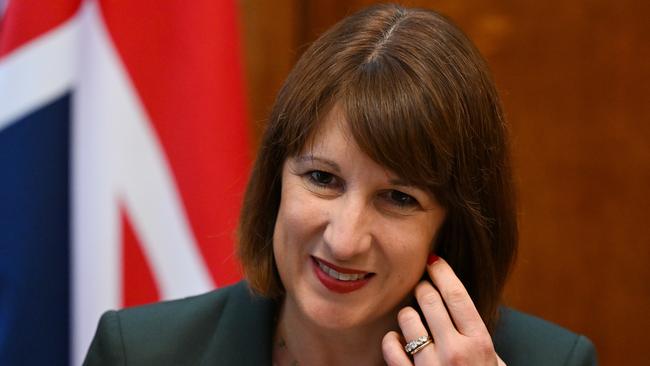
The figure is contentious – nearly half arose from Reeves’ decision to give millions of public sector workers pay rises of around 5 per cent – but the politics are crystal clear.
The Tories, she claimed, had covered up the true state of the economy and drastic action was needed. She scrapped a series of Tory commitments, including rebuilding hospitals and the social care cap. “If we cannot afford it, we cannot do it,” she said.
Reeves went further. She surprised many of her own backbenchers by announcing an immediate fiscal measure – 10 million pensioners would lose the £200 winter fuel allowance, with only those on pension credit receiving it.
Age UK and other charities pointed out that this would hit two million of the poorest: many people entitled to claim pension credit do not do so, and hundreds of thousands are just above the threshold. Reeves said the state of the public finances meant that the universal allowance was unaffordable.
One new Labour MP said they had been inundated with constituents’ concerns about the decision to means test the payment. Their support, they said, could not be taken for granted. “It’s up to us to make sure we get the best deal for our constituents and make sure we don’t hurt the poorest. The comms on this hasn’t been the best.”
Reeves issued a warning aimed at much as colleagues as at the public. There is worse to come. The budget will contain “difficult decisions” on tax rises, public spending and welfare as the government seeks to balance the books.
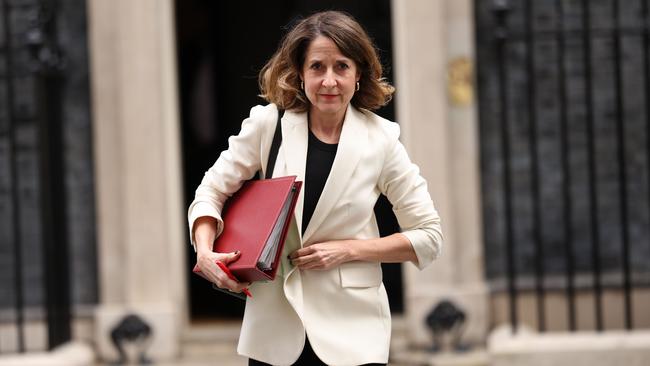
The day after her statement, Reeves finally said publicly what senior Labour figures have been saying privately since the election – that tax rises are coming. The central manifesto pledge not to increase income tax, VAT or national insurance remains, but capital gains tax, pensions tax relief and inheritance tax are all on the table.
Will people swallow it? Polling suggests that softening up voters for further tax rises with warnings about the dire economic inheritance may be better received than anticipated. Six in ten believe it is necessary to cut public spending. A total of 41 per cent think raising taxes is the right thing to do, compared with 34 per cent who don’t.
There are risks for Labour. A quarter of voters believe that tax rises would be the fault of the Conservatives, but 35 per cent believe they are “the choice of the current Labour government”.
Labour will argue that tax rises are necessary for economic stability. The Tories will say that they show Labour was being disingenuous all along. The battle will rage all summer.
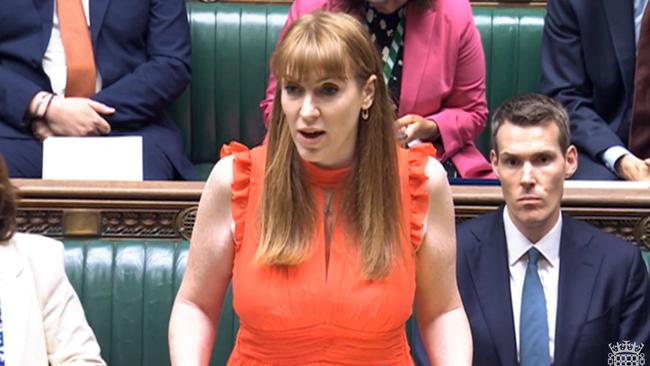
The start of recess on Wednesday saw the pace of day-to-day government lessen, as Labour ministers and aides finally left for their first holidays, in many cases, for more than a year. Starmer is expected to go on holiday in a week’s time and Angela Rayner will deputise for him. As ever in No 10, however, events – and the prime minister’s reaction to them – led to a significant shift. The murder of three girls in Southport and the subsequent rioting required an immediate response.
On Tuesday the prime minister visited the scene of the attack and paid tribute to the girls. Police intelligence was filtering through that the far right were gearing up for disorder, and over the next 48 hours riots broke out around the country. Starmer decided to use No 10 as a platform to denounce the violence.
He called in police chiefs before condemning the “mindless thugs” and announce greater national co-operation to stop them.
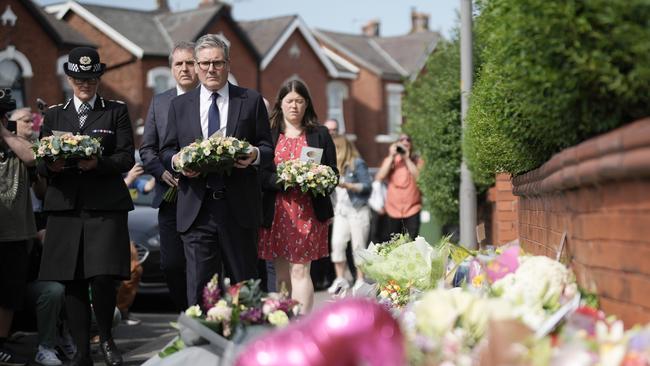
He was drawing on his experience as director of public prosecutions during the nationwide riots in 2011, when he adopted a hardline approach to disorder and issued severe guidance to the Crown Prosecution Service. Thousands were brought before courts to show that actions had consequences.
“Keir’s reaction was that this had to be called out with the authority of the prime minister’s office,” an ally said.
Unlike 2011, encrypted messaging apps have made communication easier for those orchestrating the disorder. They are more organised and harder to stop. Starmer returned to Southport on Friday before visiting Alder Hey hospital in Liverpool, where many of the victims were treated.
This weekend police and No 10 are braced for further disorder. As frenetic as his first month has been, Stamrer’s response in the next few days and weeks could be even more significant.
The Times


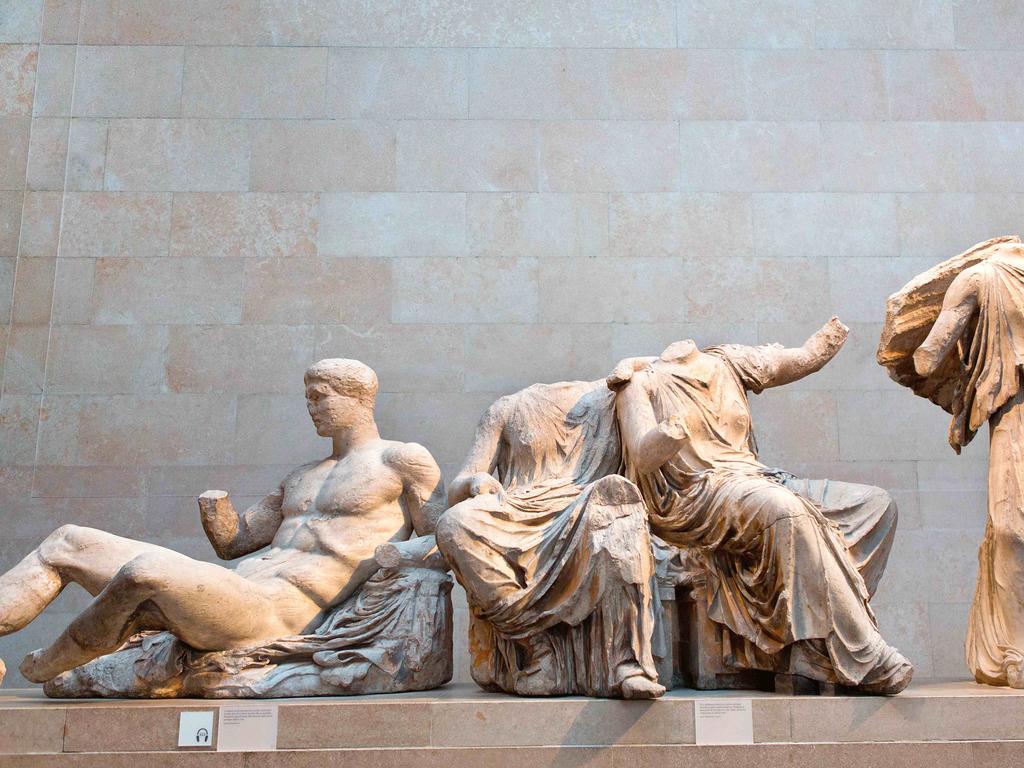
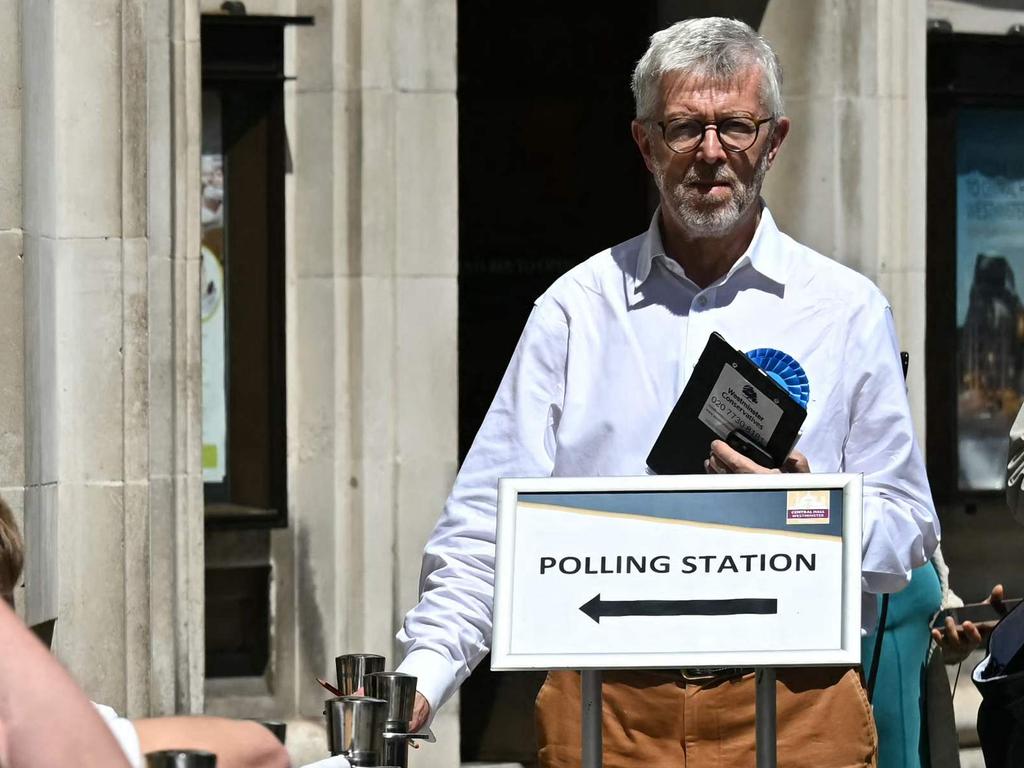


To join the conversation, please log in. Don't have an account? Register
Join the conversation, you are commenting as Logout